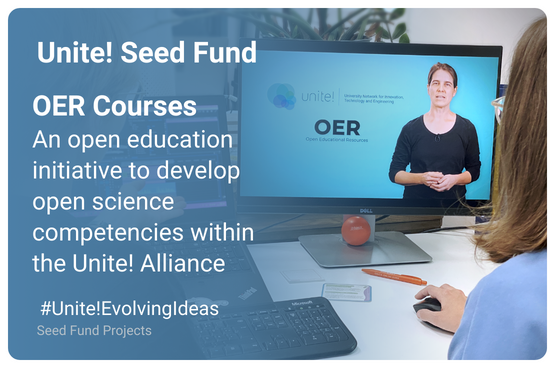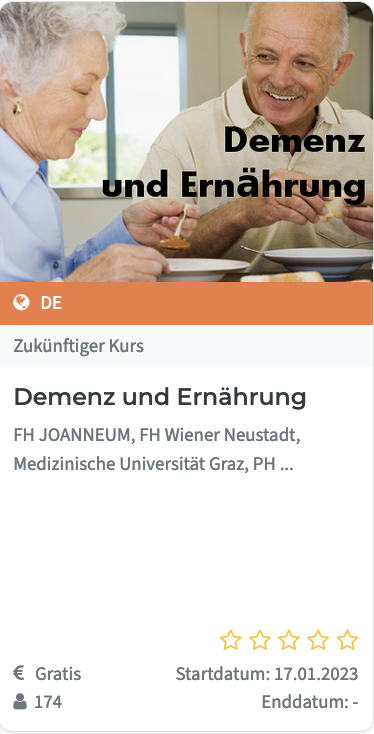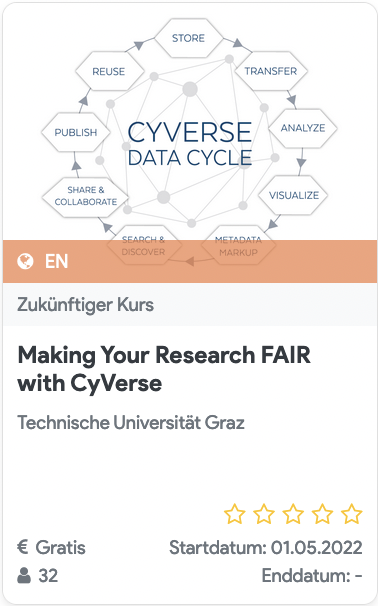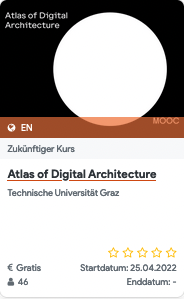Our contribution about „How to Plan and Manage a Blended Learning Course Module Using Generative Artificial Intelligence?“ got published.
Abstract:
Artificial intelligence (AI) is rapidly transforming the educational landscape, playing a crucial role in the transition to blended learning environments. As generative AI gains momentum, educators now have access to a growing repository of AI tools that can facilitate the shift from face-to-face instruction to more virtual learning experiences. This chapter provides a practical guideline for integrating and using AI tools to support educators in transitioning their courses to blended learning. The approach is structured around four key pillars: teacher practice support, online classroom support, evaluation and feedback, and student support. Following this guideline, we explore a curated list of AI-powered tools categorized based on their functions within these four pillars. To illustrate the application of these guidelines, we present a case study demonstrating a transition of a selected module of a traditional face-to-face machine learning course and make it accessible to students online, thus enabling blended learning experience. This chapter can empower future educators interested in AI to structure engaging blended learning courses and underscore the significant role of AI in enhancing the planning, management, implementation, and assessment of new blended learning courses.
[final publication @ publisher’s homepage]
[draft @ ResearchGate]
Reference: Khalil, M., Shakya, R., Liu, Q., Ebner, M. (2024). How to Plan and Manage a Blended Learning Course Module Using Generative Artificial Intelligence?. In: Panda, S., Mishra, S., Misra, P.K. (eds) Case Studies on Blended Learning in Higher Education. Springer, Singapore. https://doi.org/10.1007/978-981-97-9388-4_4






